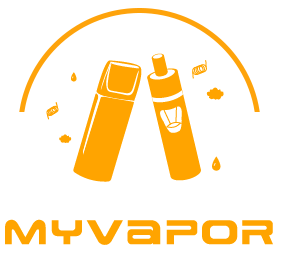Why does my e-cigarette crackle?
This is a normal phenomenon resulting from a temperature rise in the resistance coil. Under the effect of heat, the e-liquid contained in the wick reaches its boiling point, which causes characteristic crackling…….
RLX Obtains Chinese Manufacturing License
China’s State Tobacco Monopoly Administration (STMA) has licensed RLX Technology to operate in the vapor business……
Mistaken belief about e-cig keeps people smoking, which is more harmful
The number of US adults who think e-cigarettes are more harmful than traditional tobacco products has effectively doubled year on year from 2018 to 2020, according to new research – and that has affected smoking rates, which actually is more harmful…….
U.S. Bill Regulating Synthetic Nicotine Clears Congress
March 14, 2022
As part of a federal funding bill, language giving the Food and Drug Administration authority over synthetic nicotine, and any other nicotine that is not derived from tobacco, was passed by Congress on March 11. President Biden is expected to sign the bill into law soon.
As we previously reported, FDA had previously indicated its intent to assert jurisdiction over synthetic nicotine and Congress had previously considered giving FDA authority over synthetic nicotine in separate legislation. The bill recently passed by Congress amends the definition of the term “tobacco product” under the Food, Drug and Cosmetic act to include “any product made or derived from tobacco or containing nicotine from any source, that is intended for human consumption.”
The amendment has an effective date 30 days after the bill is enacted and gives a manufacturer of a tobacco product with synthetic nicotine (or nicotine derived from a source other than tobacco) 30 days after the effective date to file a premarket tobacco application (PMTA) with FDA. If FDA has not authorized the product within 90 days after the effective date, the product must be removed from the market. This is likely to amount to an effective ban on synthetic nicotine products. FDA is highly unlikely to authorize a PMTA in 90 days when other PMTAs for electronic nicotine delivery systems have been pending for more than two years.
As we previously reported, FDA had previously indicated its intent to assert jurisdiction over synthetic nicotine and Congress had previously considered giving FDA authority over synthetic nicotine in separate legislation. The bill recently passed by Congress amends the definition of the term “tobacco product” under the Food, Drug and Cosmetic act to include “any product made or derived from tobacco or containing nicotine from any source, that is intended for human consumption.”
The amendment has an effective date 30 days after the bill is enacted and gives a manufacturer of a tobacco product with synthetic nicotine (or nicotine derived from a source other than tobacco) 30 days after the effective date to file a premarket tobacco application (PMTA) with FDA. If FDA has not authorized the product within 90 days after the effective date, the product must be removed from the market. This is likely to amount to an effective ban on synthetic nicotine products. FDA is highly unlikely to authorize a PMTA in 90 days when other PMTAs for electronic nicotine delivery systems have been pending for more than two years.

